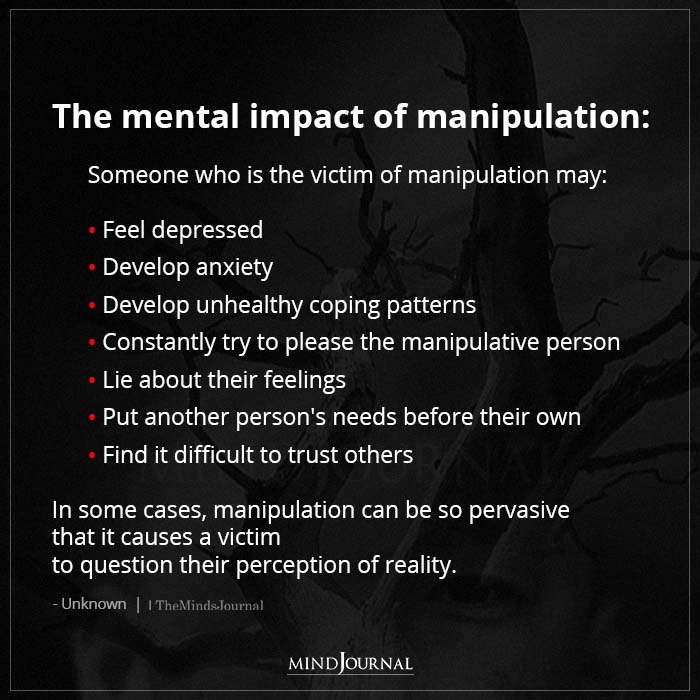Love should uplift, not undermine. Explore negging in a relationship, and understand the signs and the impact of this unsettling phenomenon.
“Negging” has gained notoriety in the complex world of dating, socializing, and even professional encounters, many people may find themselves entangled in the web of negging.
What is negging in dating and who is a neggar?
Negging meaning refers to a manipulative tactic used by some individuals to undermine self-esteem, and confidence and gain control over people, especially of their romantic interests.
A “negger” is someone who employs manipulation. They often use this strategy as a means of gaining power and control over their partners, seeking validation, and fostering dependence.

But what lies beneath this toxic behavior? Unveiling the negging psychology is crucial in understanding its damaging effects and empowering individuals to recognize and protect themselves from its subtle allure.
Join us as we delve into the depths of negging meaning, unravel its deceptive tactics, and shed light on building healthier, more respectful connections.
Are you ready to explore the dark corners of Negging’s psychological landscape?
Related 5 Types Of Psychological Manipulation And How To Deal With Them
Negging In A Relationship — Signs On How To Recognize It
1. They’re constantly giving you backhanded compliments.
One of the most obvious signs of negging in a relationship is when your partner constantly gives you backhanded compliments. These are compliments that seem positive on the surface but actually contain a subtle insult or criticism.
For instance, they may say something like, “You’re pretty smart for a woman” or “You’re attractive, but I don’t know how anyone could find your style appealing.” These comments are designed to make you doubt your worth and feel the need to seek their approval.
2. They won’t stop one-upping you.
Another prominent sign of negging is when they consistently engage in one-upping behavior. This behavior involves constantly trying to outdo or diminish your accomplishments, experiences, or opinions in an attempt to make themselves appear superior or more important.
For example, if you share an achievement, they may respond with a story of their own accomplishment that surpasses yours or belittle your achievement by pointing out its flaws or limitations.
They might also dismiss your opinions or experiences by asserting their own as more valid or significant.
This constant one-upping not only diminishes your sense of accomplishment and self-worth but also undermines the equality and mutual respect that should exist in a healthy relationship.
3. They insult you and dress it up as a “question”
This tactic allows them to criticize you indirectly while maintaining a facade of innocence. For example, they might say, “Are you really going to wear that?
It doesn’t flatter your figure at all,” or “Do you think you should be eating that? You’ve been complaining about your weight.”
By phrasing their insults as questions, they attempt to make you doubt yourself and feel defensive, further eroding your self-confidence.
Recognizing this form of negging is essential to establish boundaries and maintaining a healthy self-image.
Related: 10 Examples Of Manipulation In Relationships
4. Their constructive criticism sounds an awful lot like criticism.
In a relationship, it’s natural to provide feedback and constructive criticism to help each other grow and improve. However, when your partner’s feedback constantly feels overly critical rather than genuinely constructive, it may be a sign of negging.
For example, instead of offering supportive and helpful suggestions, they might make comments that come across as belittling or demeaning. Their words may lack empathy or understanding, focusing more on highlighting your flaws or shortcomings rather than offering genuine guidance.
This type of behavior can erode your self-confidence and create a negative dynamic in the relationship.
5. They’re constantly comparing you to others.
One of the signs of a person who engages in negging in a relationship is their constant tendency to compare you to others. They frequently make unfavorable comparisons, highlighting perceived shortcomings or deficiencies in order to make you feel inadequate.
For instance, they might say things like, “You’re not as successful as my friend,” or “You should try to be more like so-and-so.” These comparisons are aimed at diminishing your confidence and reinforcing their own power or superiority.
6. They sound like they’re trying to make you doubt yourself
One of the most evident signs of negging is when your partner frequently makes comments that intentionally make you doubt yourself, your abilities, or your worth.
These remarks are designed to chip away at your confidence and leave you feeling unsure about your own capabilities. It’s important to recognize these subtle attempts to undermine your self-esteem
7. They’re always “just joking” when you call them out
Neggers often resort to the defense of “just joking” when confronted about their behavior. This tactic is commonly used to downplay the impact of their hurtful comments and avoid taking responsibility for their actions.
By dismissing their negative remarks as mere jokes, they seek to invalidate your feelings and make you question your own perception.
This pattern can be incredibly frustrating and confusing, leaving you doubting whether you’re overreacting or being too sensitive. Genuine jokes are intended to bring joy and laughter, not to belittle or demean.
Neggers, on the other hand, use humor as a disguise for their hurtful intentions, manipulating the situation to maintain control and power in the relationship.
If you find yourself in this situation, it’s crucial to trust your instincts and stand up for yourself.
Related: “I’m Sorry, But…” 5 Signs Of A Manipulative Apology
8. They attribute your success to luck, implying that you don’t deserve it.
Neggers have a tendency to undermine your achievements by attributing them solely to luck, insinuating that you don’t truly deserve your success. This insidious tactic seeks to diminish your confidence and make you doubt your abilities.
It can be incredibly disheartening when someone dismisses your hard work, skills, and dedication by chalking up your accomplishments saying “I was just kidding. Can’t you take a joke?”.
9. They rarely acknowledge your qualities or achievements
Signs of a neggar is someone who downplays your accomplishments or dismisses them entirely. They may respond with indifference, make sarcastic remarks, or imply that your achievements are insignificant.
This behavior erodes your confidence and makes you doubt your abilities.
10. They often dismiss or overlook requests or boundaries to stop the behavior.
Neggers consistently ignore or overstep the boundaries set by the recipient. They may continue to make negative remarks or subtly undermine the recipient’s self-esteem despite being explicitly asked not to.
This disregard for boundaries demonstrates a lack of concern for the recipient’s well-being. They may even downplay the impact of their negging by suggesting that it shouldn’t be taken seriously or that it’s just harmless teasing
Some examples of negging psychology:
In negging psychology, phrases are said to undermine self-esteem and create a power imbalance within relationships.
- “You’re pretty attractive for someone who is chubby.”
- “You’re smart, but I guess that doesn’t matter as much when it comes to practical things.”
- “Your outfit is interesting. I admire your confidence to wear something so bold.”
- “I usually go for someone more toned and fit, but your personality makes up for it.”
- “You have potential, but you should work on your speaking skills. It’s quite distracting.”
- “You’re funny in your own unique way. Not everyone appreciates that kind of humor, though.”
- “You’re ambitious, but sometimes it feels like you’re trying too hard.”
- “You’re pretty for a [insert ethnic or racial background] girl.”
- “I can see why some people find you attractive, but it’s not really my type.”
- “You’re so lucky to have such a good job. Too bad it doesn’t match your personality.”
How To Overcome Negging And Cultivate Self-Confidence 101

Dealing with negging behavior requires a combination of assertiveness, self-confidence, and setting clear boundaries. Here are some ways to handle such situations:
1. Maintain a positive self-image: Remind yourself of your positive qualities and strengths. When faced with negging, their words will have less impact if you have a solid foundation of self-assurance.
2. Use humor to deflect: Respond to negging with humor by making a witty or lighthearted remark. A clever response can disarm their negativity and shift the dynamic of the conversation.
3. Call out the behavior directly: Let the negger know that their comments are hurtful and disrespectful. Use “I” statements to explain how their behavior affects you personally, such as saying, “I feel undermined when you make those comments.”
4. Practice self-care and self-compassion: Surround yourself with supportive friends and loved ones who appreciate and uplift you. Taking care of your emotional well-being will make it easier to recognize and resist negging attempts.
5. Flip the script: Reverse the power dynamic by giving the negger an unexpected compliment or positive remark. This can catch them off guard and shift the focus away from their negative behavior.
Remember that by choosing to respond with kindness, you maintain control of the situation and refuse to let their negging affect you.
Share your thoughts about negging in a relationship in the comments below!









Leave a Reply
You must be logged in to post a comment.